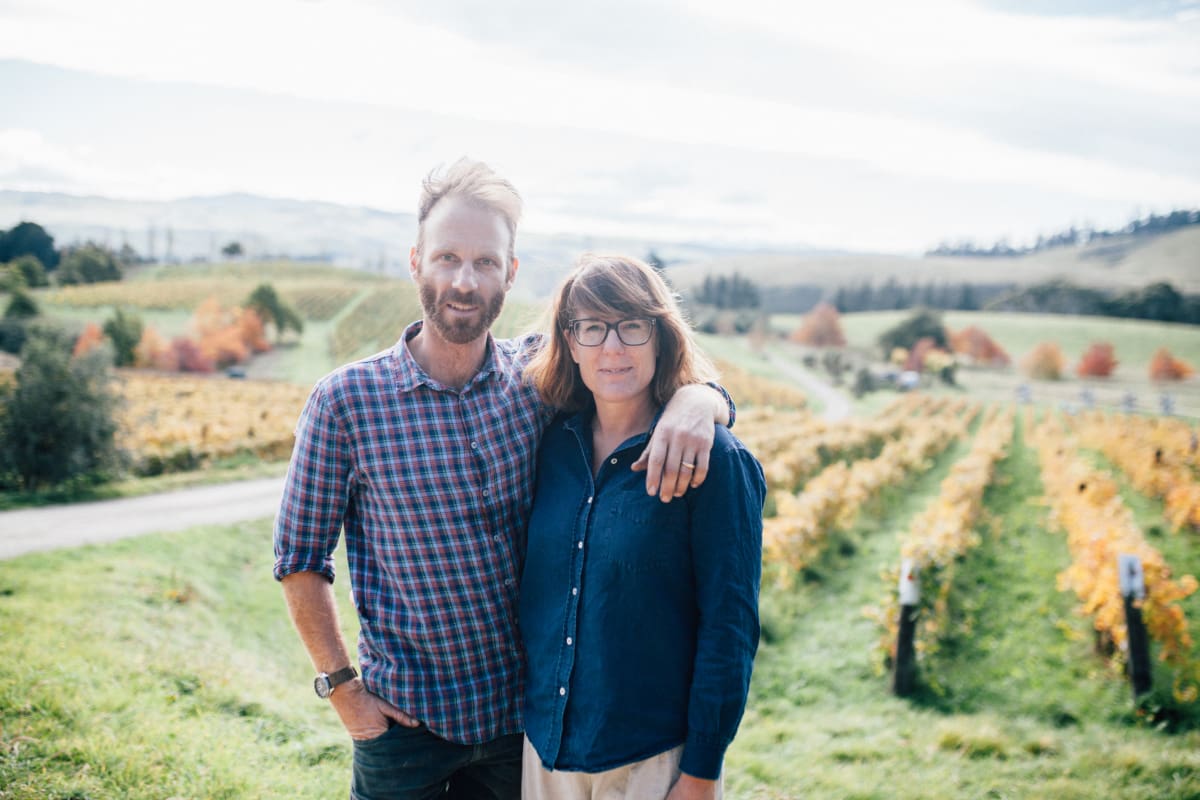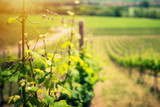Last week, Nicholas Brown from Black Estate in Waipara was named the New Zealand Winemaker of the Year by Gourmet Traveller Wine. Attending the virtual ceremony to celebrate our many friends in wine named in the list of nominees, I also noticed something quite comforting and equally worth celebrating. Every nominee for Winemaker of the Year, along with the Viticulturist, Young Winemaker and Leadership awards were part of the organic wine community.
It led me to wonder, what is the relationship between organics and great wine? There is a link; demonstrated particularly in regions like Burgundy, Beaujolais, the Loire, and Alsace where the top producers are very likely to be organic. The overlap between organic practice and great wineries is also increasing in Bordeaux and the Rhône, through several regions of Germany, much of Spain, and as demonstrated recently, also New Zealand.
Great wine needs to be made carefully and with dedication and sensitivity – traits shared by those working organically. Are they simply aligned or is there causation? Do organic grapes make better wine? Research undertaken in New Zealand as part of Organic Vineyard Focus Project (reported in 2015) supports this hypothesis, as do numerous anecdotal accounts from wineries who have transitioned to organics. However, there are certainly plenty of wineries who release fantastic wine made from grapes which are not grown organically. But would they produce better wine if they switched? Not everyone thinks so, and some believe it suits certain regions and climates more than others.

Nicholas and Pen - Black Estate Wines situated near Omihi, North Canterbury, New Zealand.
Even assuming that the above is true; we still don’t have an answer to the question, which comes first – organic grape growing or great wine? Are organic wine growers more likely to make good wine, or are good wine producers more likely to be organic? For a wine drinker trying to find some indicators of quality in wines they’re not familiar with, can they use a wine’s organic status as any guarantee of quality? Because there are several other factors responsible for making good wine, organics alone is not a reliable yardstick. However, all things being equal (for example, in an experimental setting like the Organic Vineyard Focus Project or in the case of wineries practicing parallel production or in the process of conversion) organics does appear to yield better wine. Reading these two together, we get a more comprehensive understanding of the situation.
There is an argument that the relationship between organics and great wine producers comes from the pursuit of excellence. Wine producers who are already making great wine switch to organics as another way of increasing their quality, another tool in their box. After all, if they are performing at that high level, like a professional athlete, they will seriously consider any measures or practices which will give them an edge – to eke out that bit more complexity and greatness out of their grapes. Organics (and for many, Biodynamics) is the way to achieve that.
Stepping beyond the realm of the purely quantifiable, there are also proponents of the philosophical alignment between organics and those who seek to make great wine. Care and awareness of soil health, biodiversity and long-term sustainability requires both a patient and inquisitive mind. It requires rejection of fast, temporary solutions and a willingness to explore the more time-consuming path to achieve sustainable outcomes. Making wine which captures our imaginations – which has that undefinable something extra – also requires the same sensitivity and thoughtfulness. Perhaps the people who are more likely to be drawn to one, also tend to be drawn to the other.
Something to ponder the next time you sit down for a glass of wine. What do you think the relationship is?



